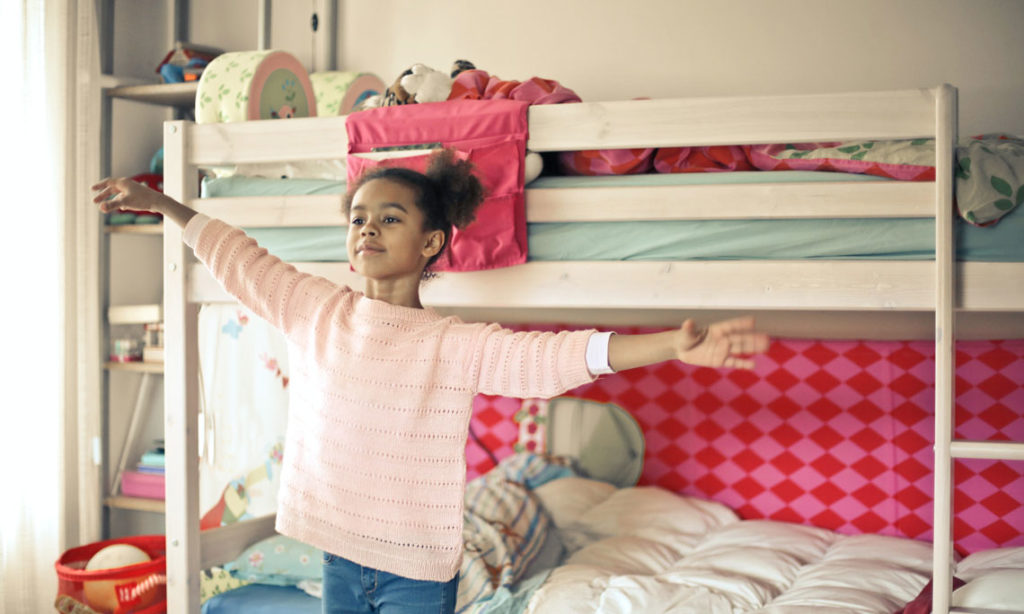
Getting children back into their school week bedtime routine can be a challenge - especially while it's still bright outside!
Summertime and the livin’ is easy – well, at the very least, your child’s bedtime was probably a lot more relaxed. Of course, it’s nice to make the most of the longer evenings but now that children are going back to school, it’s better for everyone – parents and students alike – to embrace a good evening routine.
Getting enough sleep is crucial for a child’s ability to learn. Just because they are going to bed later during the summer months doesn’t necessarily mean that they’re sleeping on in the morning, so your child may actually be sleep-deprived by the end of the holidays.
What do the experts say?
Children between the ages of six and 13 need between nine and 11 hours of sleep a night, while 14-to-17 year-olds should get between eight and 10 hours a night, according to sleep consultant Lucy Wolfe.
“Good sleep helps youngsters to develop increased concentration amounts, higher levels of motivation and lower levels of negative thought sequences,” she says.
“They will potentially process and retain information more quickly and be able to socialise and communicate with others better too. Sleeping better improves appetite regulation as well.”
We need to make it as easy as possible for children to adjust to the changes in their lives. A predictable routine will help your child to wind down and get their body clock used to waking naturally for school.
What can parents do?
You can adjust bedtime either gradually or all at once.
However, Wolfe says that it may be necessary for those who are finding the adjustment challenging to follow a similar routine over the weekend, involving early to bed and early to rise, until the rhythm is established and your child appears well rested each morning.
If your child’s current sleep patterns are very out of sync with the regular school routine, then Wolfe recommends waking your child 15 or 30 minutes earlier and bringing bedtime forward by the corresponding amount.
“There is no point doing an earlier bedtime unless the wake time is also adjusted creating enough ‘wake time” to encourage sleep with relative ease.”
Preparation is everything
How we prepare for bedtime is crucial. Wolfe recommends avoiding screen time in the hours before bedtime.
“Too much screen time may impair the brain’s ability to go to sleep with ease and it may also decrease the level of deep and restoring sleep that is achieved.”
Dimming the lights as part of the bedtime routine can help and blackout blinds can be very useful to block out the bright evenings.
Children often express any anxiety they feel at bedtime so if your child is inclined to do this, Wolfe suggests adding some extra time to their bedtime routine to allow for this.
“Encourage them to talk about their worries during the days too. It may help to write the concerns down and throw them away.”
Change meal times accordingly
Holiday time can equal more sugary treats so now that your child is going back to school, it’s good to eat healthy meals and snacks at regular intervals and at more or less the same time every day.
According to Wolfe, this helps to regulate the biological time clock that underpins sleep responsiveness.
You can follow the school’s lead on this during weekends and it’s worth trying to establish a set dinner time every night. This can help with a pre-sleep ritual that encourages falling asleep with greater ease.
- Lucy Wolfe is the author of the bestselling book The Baby Sleep Solution


